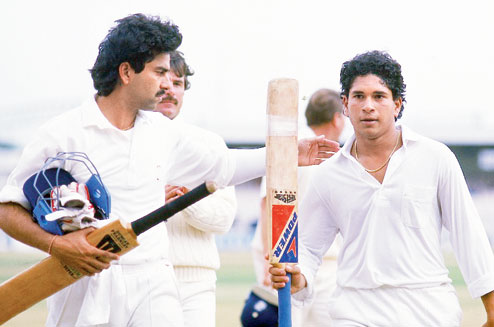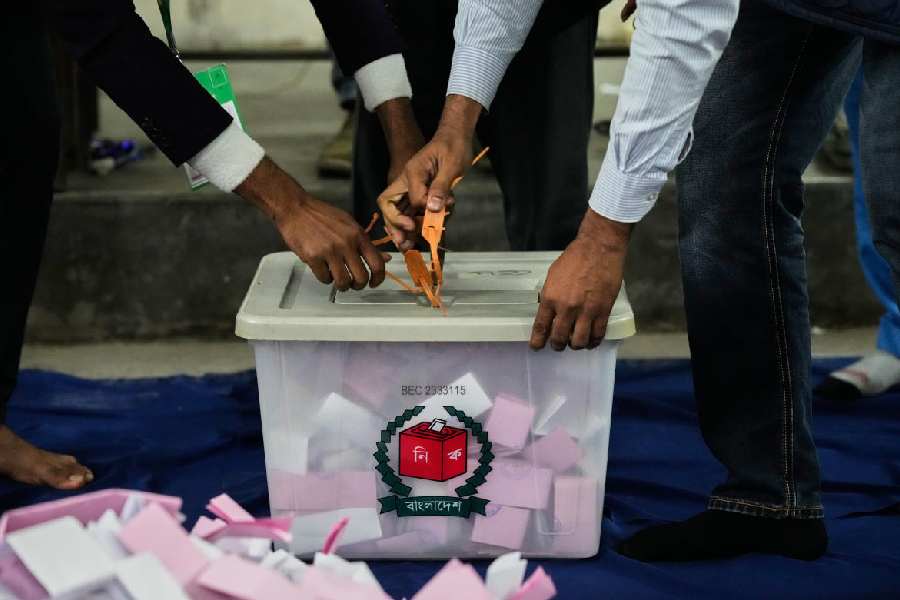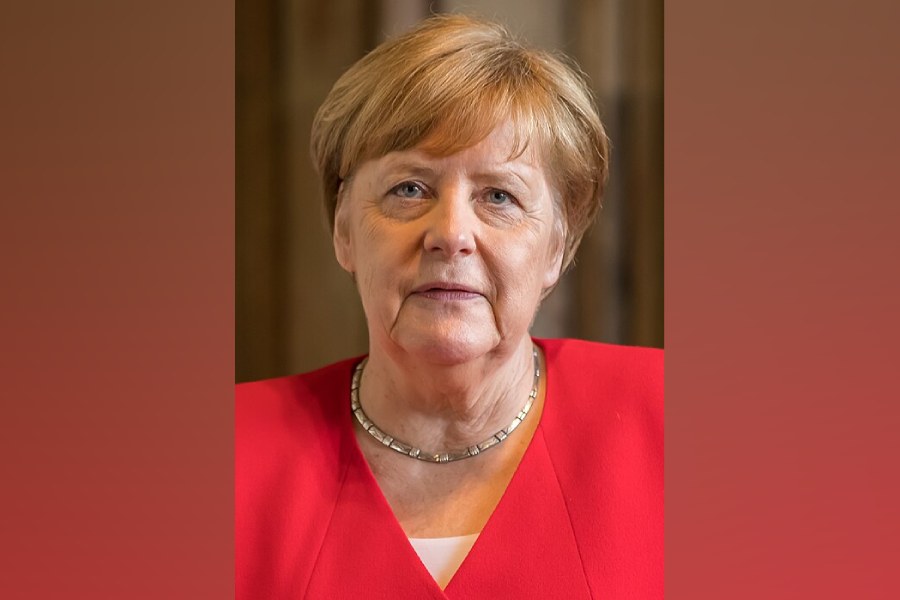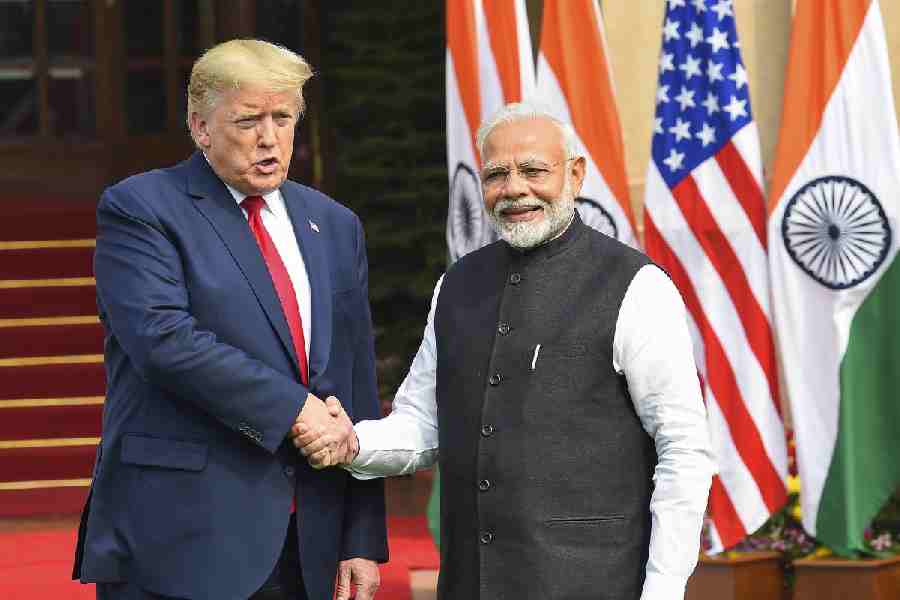 |
| boy king: Sachin Tendulkar after his century at Old Trafford in 1990 |
Sachin and the way we were
While people in India have been celebrating Sachin Tendulkar’s 40th birthday, those of us who live in the UK can log onto the BBC’s cricket archives free of charge and remember the way we were.
It’s August 14, 1990, the last day of the second Test between England and India at Old Trafford, Manchester. India are tottering at 127 for five when Sachin comes in to bat.
England amassed 519, batting first, with Graham Gooch scoring 116, Michael Atherton 131 and Robin Smith 121 not out. India responded with 432, with Sanjay Manjrekar getting 93, skipper Mohammad Azharuddin a “breathtaking” 179 (Wisden) and Sachin 68.
England declared their second innings at 320 for 4, with 74 from Atherton and 109 from Allan Lamb, setting India 408 to win.
I pick up the TV commentary: “Young Sachin Tendulkar has come into a white hot situation... That’s overpitched and beautifully played by Sachin Tendulkar — lovely way in which he opened the face of the bat and swung it straight through...”
I recognise Richie Benaud’s voice: “...and that’s a half century for Tendulkar... lovely stroke forcing away through cover, takes him on to 53 — that’s two half centuries in one match for this young fellow, a great performance...”
Benaud again later: “... Tendulkar is on 97 and now he is on 98 (as Sachin crouches down, the ball hits the top of his upheld bat and flies off to fine leg) but it is rather an unusual way to move to being two away from your hundred... and there it is, Test match hundred for Tendulkar, aged 17 years and 112 days... one of the youngest ever to hit a Test match hundred, an innings of temperament, skill and delightful strokeplay...”
In the Indian pavilion grown men are applauding the Boy King’s first Test century.
The games end in a draw, with India on 343 for six, with Sachin, declared Man of the Match, 119 not out, and Manoj Prabhakar on 67.
Wisden later reports: “Of the six individual centuries scored in this fascinating contest, none was more outstanding than Tendulkar’s... Tendulkar held the England attack at bay with a disciplined display of immense maturity.”
Encouraged by Bishen Singh Bedi, I had interviewed 16-year-old Sachin in Bandra in Bombay. If we think about it, rather than Sachin, is it not all of us who have changed over the past 23 years?
 |
| Cover story: Margaret Thatcher’s biography |
Book watch
The biography to read at the moment is that of Margaret Thatcher by Charles Moore, former editor of The Daily Telegraph. Volume One: Not For Turning (Allen Lane; £30) is 859 pages. It has been long in preparation and a real work of scholarship.
Charles was picked by Mrs Thatcher as her authorised biographer in 1997 and given access to her papers, friends and relatives on the understanding his book would not come out in her lifetime.
The focus is on domestic politics but there is one photograph from April 1981 of the Thatchers in India which “suited Margaret better than Denis.”
Another shows Mrs Thatcher “welcoming Indira Gandhi to Downing Street, 1982. The two Prime Ministers enjoyed the chance to talk about problems with their children.”
I have now joined the long queue of people waiting to interview Charles who should really appoint me as his official biographer since he was nearly always indulgent to me as my editor, first, at The Sunday Telegraph, and then at The Daily Telegraph.
When Mrs Thatcher published her memoirs, The Sunday Times bought the exclusive serialisation rights but I managed to get hold of the audio tape of the book which had some unflattering comments about some of her former Cabinet colleagues. The Sunday Telegraph thus scooped The Sunday Times which wasn’t very pleased. Charles was — and sent me a kind handwritten note afterwards.
Bihar boy
 |
| Oxford days: Sanjaya Lall (left) with Rani |
At a panel discussion in Oxford this Wednesday, economist Sanjaya Lall, who died in 2005, will be remembered with much affection by friends and former colleagues.
Sanjaya was the first to anticipate the rise of Indian multinationals such as the Tatas, I am reminded by his widow, Rani.
She adds that her late husband hailed from Bihar, not always a state associated with the world’s academic elite. He was born in Patna on December 13, 1940, stood first in Patna University in 1960, and came to St John’s College, Oxford, where he took a First in PPE (philosophy, politics, and economics) in 1963. He settled permanently in Oxford and was professor in development economics from 1999 until his death.
In June 2011, Amartya Sen inaugurated a visiting professorship in business and development, named after Sanjaya, at the Saïd Business School in Oxford.
The new visiting professor is the internationally renowned Dani Rodrik, professor of international political economy, Harvard University, who said: “I am deeply flattered to hold this visiting professorship established in memory of one of the world’s most influential development economists.”
Business secretary Vince Cable will join the panel discussion.
Boris’s brother
Jo Johnson, 41, younger brother of Boris Johnson, mayor of London, has been appointed head of the policy unit at 10 Downing Street, by David Cameron.
Boris, seen as a rival to Cameron, quipped it was “great there is finally a Johnson in Number 10”.
Jo, once the Financial Times’s man in India, is well known to Indian journalists — for two years running he has launched the Indian Journalists’ Association’s yearbook at its annual banquet.
It was very embarrassing last year — I gave him the folder as he went to the lectern. When he opened the folder there was nothing inside — a friend’s wife had forgotten to put the yearbook inside.
One of his paintings has been acquired by the Imperial War Museum.
Self portrait
 |
| Off duty: My Son Hurssh by Panchal |
Among the 200 portraits by 100 artists to be shown next month in the annual exhibition of the Royal Society of Portrait Painters is a self portrait by Shanti Panchal.
Panchal, who was born in Gujarat, describes himself today as “a British artist with Indian roots”.
Among the most powerful portraits Shanti has done are of two of his sons, Dhruva, now 27, and Hurssh, 25, who have served with the British army in Helmand in Afghanistan. Dhruva served with the SAS, Britain’s elite Special Air Service, and Hurssh with the Royal Marines.
India is not too keen on abrupt British withdrawal from Afghanistan but Panchal put the other side: “There is state support for those soldiers who come back wounded, but many of them, only in their late teens, who return with their limbs intact, are disturbed mentally and emotionally and scarred for life. I wanted to highlight the plight of these young men and their families who suffer in silence.”
One of his paintings has been acquired by the Imperial War Museum.
Tittle tattle
Actress Shelley King, who acted in the play Calcutta Kosher, set in the dwindling Jewish community in Calcutta, is in the news again.
She left her 13-year-old dog, Archie, a Norfolk terrier — “the cutest little thing” — outside a shop in Hampstead, north London, and returned a few minutes later and discovered it had been dognapped.
Archie was the inspiration for the canine character Bobby in best-selling children’s book Artichoke Hearts by Shelley’s sister-in-law Sita Brahmachari.











